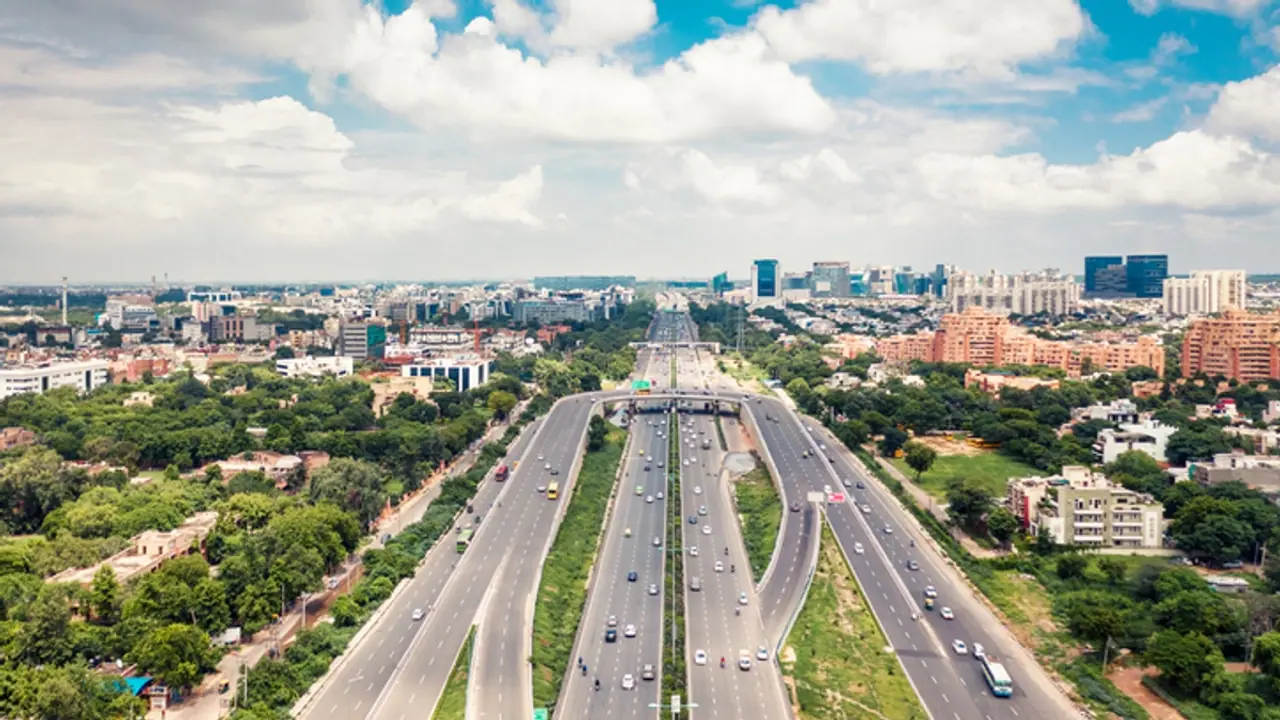The Ministry of Road Transport and Highways will build 74 new tunnels across India, spanning 273 km, with an estimated cost of Rs 1 lakh crore.
In a transformative leap for the nation's infrastructure, the Ministry of Road Transport and Highways has announced an ambitious plan to construct 74 new tunnels across India, covering a total distance of 273 kilometers. Road Minister Nitin Gadkari revealed that this mega project, which is poised to revolutionize the country's highway network, is projected to command a staggering investment of approximately Rs 1,00,000 crore and is set to unfold over the forthcoming years.

Nitin Gadkari provided a riveting update on the current state of tunnel construction, revealing that 35 tunnels, stretching 49 kilometers, have already been completed at a cost of Rs 15,000 crore. Furthermore, 69 additional tunnels, covering 134 kilometers, are actively under development, with an anticipated expenditure of around Rs 40,000 crore.
In his address at the second edition of the "Tunnelling India: Emerging Trends and Opportunities" conference, hosted by the Federation of Indian Chamber of Commerce and Industry (FICCI) on Tuesday, Gadkari underscored the criticality of rigorous performance audits for ongoing projects to ensure they meet deadlines and uphold quality standards. He ardently declared, "performance audit is more important than financial audit."
Gadkari's speech emphasized the necessity of technological advancement and cost-efficient strategies to navigate India's diverse and often treacherous terrain. "We need to find out exactly which is the best technology that is cost-effective without compromising on quality," he proclaimed, stressing the need to incorporate international best practices into India's infrastructure development efforts.
Highlighting the unique challenges of constructing in the formidable Himalayan regions, Gadkari advocated for innovative methodologies such as "precast technology and push-back techniques" to mitigate persistent issues like landslides.
He urged for a meticulous evaluation of projects from the initial detailed project report (DPR) stage through to execution, contending that "This approach would help achieve perfection in execution, optimal use of technology, and quality assurance while minimizing capital investment."
The minister also voiced his concerns regarding the subpar quality of DPRs in India, lamenting that consultants are failing to adhere to requisite procedures for the construction of highways, roads, and tunnels throughout the country.
